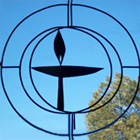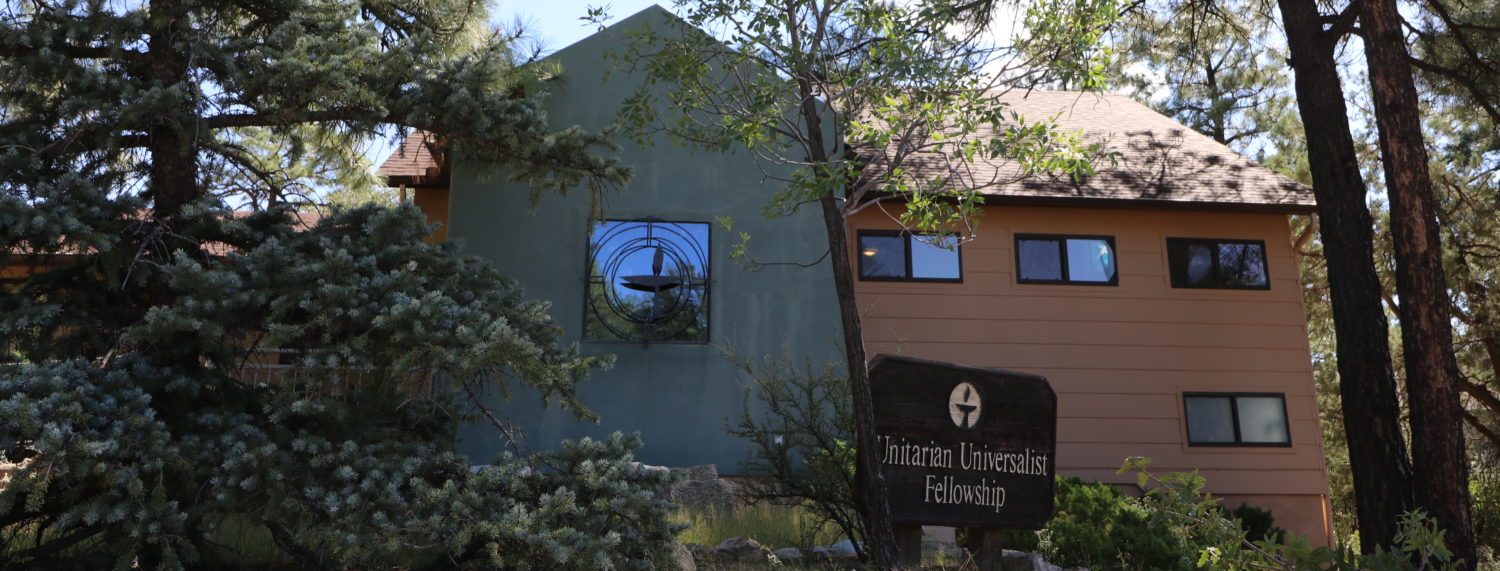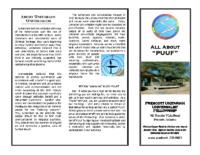Unitarians and Universalists came out of the Reformation with the rest of Protestantism in the 16th century. While Unitarians and Universalists were of Christian heritage, they were beginning to move further and further away from orthodoxy. Unitarians believed that it was unnecessary to believe that Jesus was God, not simply because they didn’t think it was Biblically supported, but because people were being martyred for not believing that doctrine.
Universalists believed that the doctrine of eternal punishment was inconsistent with a belief in a good God. In America, Unitarians and Universalists clashed with Fundamentalism and the Great Awakening of the 18th century which dictated that salvation could only come through orthodox beliefs and a conversion experience. Neither Unitarians nor Universalists had patience for theologies that marginalized or damned people for not “believing properly”. They subscribed to the principle that people should be free to find truth unencumbered by religious authority. They also denied the doctrine of original sin and embraced a positive view of human nature.
The Unitarians and Universalists merged in 1961 because they discovered that their principles and values were essentially the same. Today, Unitarian Universalism might best be described as post-Christian. Over the last several decades, people of all walks of faith have joined the Unitarian Universalist congregations. We have  Buddhist, Jewish, Agnostic, Atheistic, Earth Centered, liberal Christian, and many more religious expressions. Because we are a creed-less faith, which means that we don’t have beliefs that are necessary for membership, we experience a great diversity of people who seek truth and meaning authentically, responsibly and with great passion. Unitarian Universalists seek to provide a religious home for the liberal spirit.
Buddhist, Jewish, Agnostic, Atheistic, Earth Centered, liberal Christian, and many more religious expressions. Because we are a creed-less faith, which means that we don’t have beliefs that are necessary for membership, we experience a great diversity of people who seek truth and meaning authentically, responsibly and with great passion. Unitarian Universalists seek to provide a religious home for the liberal spirit.

